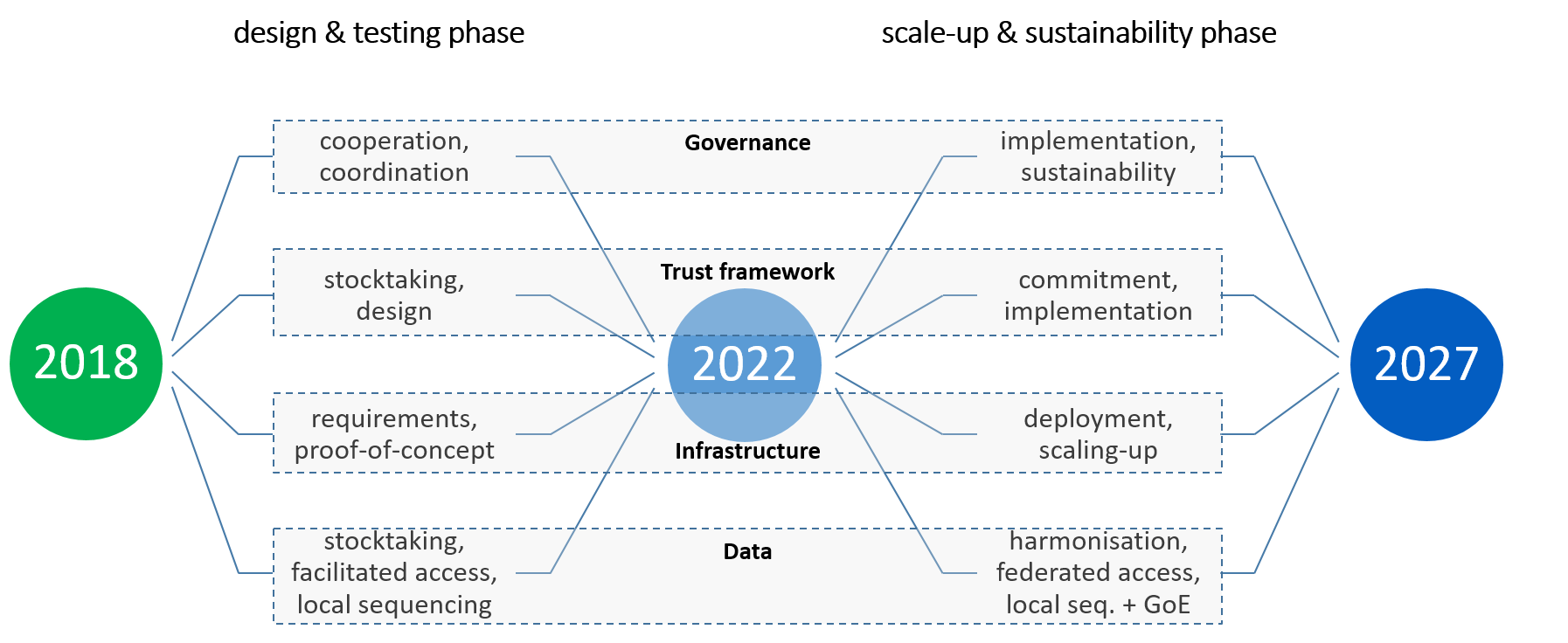A report recently published by UNESCO revealed that more than half of the world's student population (over 850 million children and youth) are not going to school due to the COVID-19 crisis since many cities are imposing lockdown and quarantine measures. The scale and speed of the school and university closures represent an unprecedented challenge for the education sector. Countries around the world are racing to fill the void with distance learning solutions but the uncertain duration of the closures adds further complication to their efforts. These range from hi-tech alternatives like real-time video classes conducted remotely to lower-tech options such as educational programming on radio and television.
The United Arab Emirates successfully responded to the crisis by accelerating the transition towards digital learning through technological tools that were already being used for several years but have become more popular recently. In response to the growing need for digital government services, the Abu Dhabi School of Government (ADSG) launched the Digital Learning Challenge as part of Abu Dhabi's Digital Month Initiative. The challenge is open to all Abu Dhabi government employees through the academy’s online learning platform. The challenge will run for a period of three months and will contribute to achieving Abu Dhabi’s digital transformation strategy.
The challenge will continue till June 2020. Participating employees will be required to complete a set of training programs that are compatible with their job functions in business, data science, and technology. The aim of this initiative is to ensure all employees build the required skills for the age of digital transformation, in line with the needs of the Abu Dhabi government. These needs include encouraging digital learning and developing e-learning programs by using the right tools since schools are closed due to this global crisis.
More than 100 training courses were chosen for this challenge. Learners will be awarded points for their contributions and the winners will be celebrated at the end of the challenge in June 2020. This initiative is expected to speed up the transition towards digital learning in Abu Dhabi by creating simplified solutions that allow interaction between teachers and students and help the education sector in adapting to this new reality and providing quality education for all students.
ADSG currently offers unlimited access for all public employees to training programs from 290 educational institutions, including Duke University, Yale University, and Imperial College London, in addition to Google and the International Institute for Management Development. Moreover, ADSG issues certificates via its e-platform.
Resources: 1






